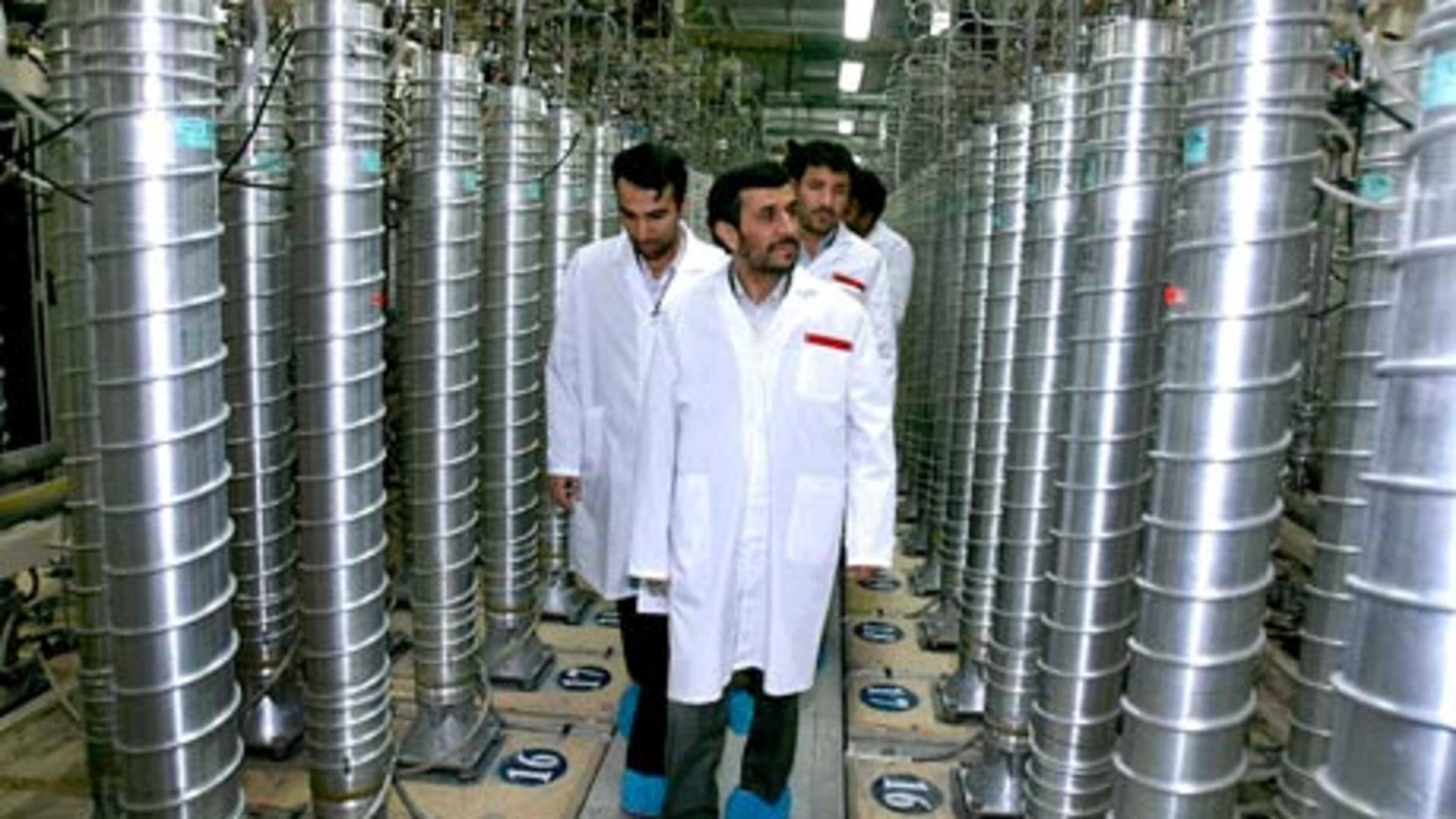Iran deal a legitimate, even defining campaign issue for 2016

U.S. Sen. Lindsey Graham, demonstrating the thoughtful, statesman-like approach to foreign policy that he believes distinguishes him from other presidential candidates, said today that the nuclear deal with Iran is "akin to declaring war on Israel and Saudi Arabia."
"My initial impression is that this deal is far worse than I ever dreamed it could be and will be a nightmare for the region, our national security and eventually the world at large," Graham said, confirming that if elected president, he would immediately move to break the deal.
That approach was mirrored by U.S. Sen. Marco Rubio, a member of the Senate Foreign Relations Committee. Rubio promised that if elected president, he would immediately reinstate sanctions against Iran and by doing so break the deal. Gov. Scott Walker of Wisconsin also pledged to reverse the deal as soon as possible. And according to Donald Trump ... oh, who cares?
With Hillary Clinton supporting the deal, such rhetoric from the right all but guarantees that Iran will be a major campaign issue throughout the 2016 campaign
That's fine. It ought to be.
So let’s think this through: If a Republican takes office on Jan. 20, 2017 and immediately withdraws from the deal with Iran, as promised, what can we expect to happen?
It’s pretty straightforward: If the deal is broken and the United States reinstates sanctions, Iran would kick out the international inspectors, which means that we would lose almost all insight into Iran’s nuclear program. The relative moderates now in control in Iran would be discredited in the eyes of their people for thinking that the Great Satan could be trusted, guaranteeing a return to extremism along the lines of former President Mahmoud Ahmadinejad.
Some 13,000 of Iran’s most sophisticated nuclear centrifuges that are mothballed under the deal could be returned to service, once again producing the highly enriched uranium needed to build bombs. Iran's deeply buried nuclear facility at Fordow would resume the processing that it is now forbidden to undertake.
The allies with whom we have worked hard to negotiate the deal in good faith -- France, Germany, Great Britain -- will feel betrayed by our unilateral decision and unlikely to be too happy. China and Russia, which have been part of the deal as well, will have every excuse for refusing to cooperate further. And we would probably find ourselves in violation of a U.N. Security Council resolution that will be passed soon to formalize the deal.
GOP candidates nonetheless claim that after abandoning the deal, they would replace it by once again instituting tight economic sanctions against Iran. They have almost no chance of doing so.
The tight sanctions that have forced Iran to surrender 98 percent of its low-enriched uranium and agree to international inspections were possible only because we have had the cooperation of most of the world. They were never designed to be permanent, and were merely a means to force Iran to the table, which they did.
If the United States unilaterally abandons this deal under a newly elected Republican president, Iran would be able to portray itself as the victim, as the country that abided by international law while we would be the rogue nation that broke it. Under those circumstances, we would have no chance of getting international cooperation for a new set of sanctions.
And with the deal broken, with our international support evaporating, we would have two options: Allowing Iran to resume its march toward a nuclear weapon, or war that we would largely have to fight ourselves, with all the blowback and other problems that would entail.
In short, the 2016 presidential campaign will become a referendum on which approach to take: War or peace?


